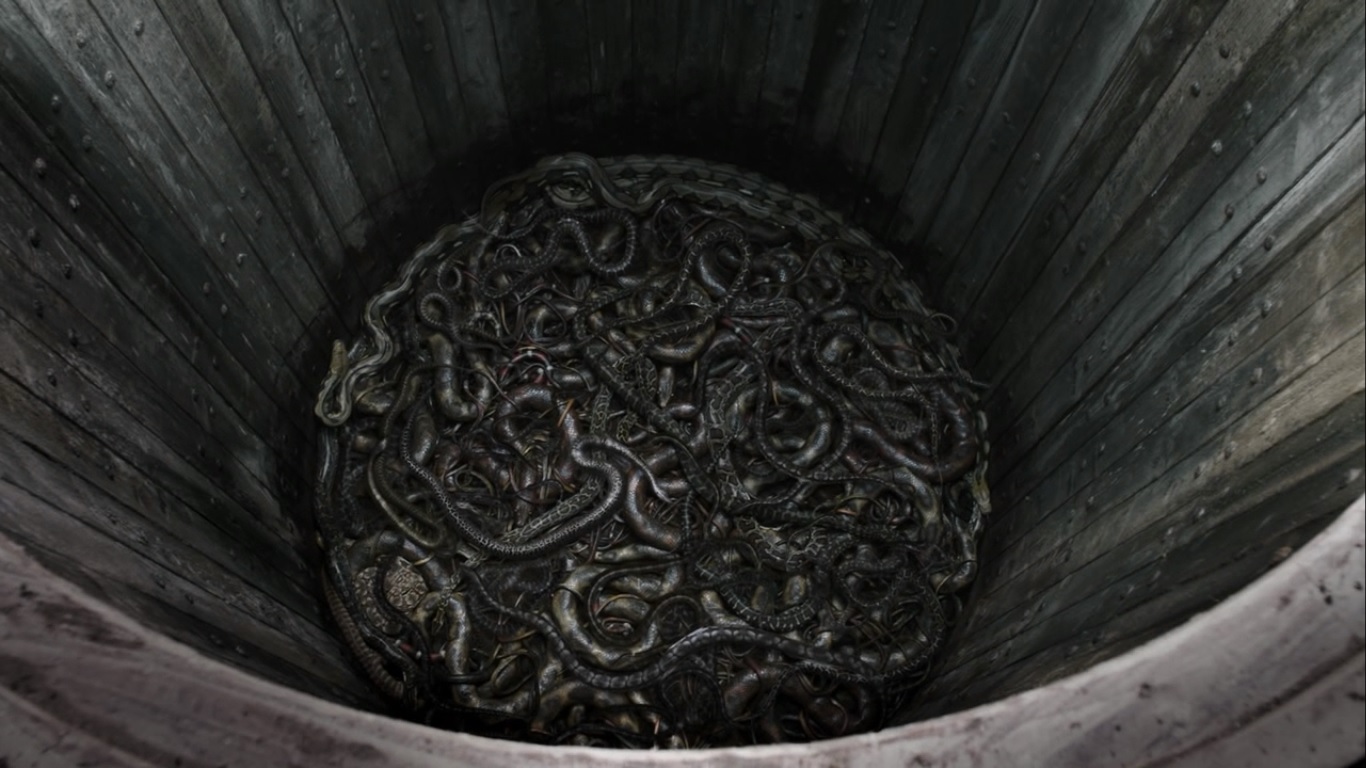Loving Is Scary - But Embrace It Nonetheless (Parashat Vayigash)

This week’s Torah portion begins with an important act of unity. Many years before this week’s narrative, Joseph’s brothers sold him into slavery and did not know what had become of him. Unbeknownst to them, Joseph rose up to the heights of power in Egypt. He protected his new kinsman during a severe famine, ensuring that they would have sufficient food reserves to last their blight.
Eventually, his beleaguered brothers found their way to Joseph's doorsteps. They were suffering from hunger and searching for grain. Since they remembered Joseph as a powerless boy, they failed to recognize him in his new, powerful role. They were blinded by his prestige and their expectations, but Joseph was not. He knew immediately that these men were his brothers.
Time passed and Joseph continued the charade, donning the facade of the stranger they believed him to be. However, eventually, after putting his brothers through tests and trials, Joseph revealed himself to them. “I am Joseph” he said “Is my father still well?” (Genesis 45:3). Thereafter, Joseph burst into tears.
Of all the people in the Bible, Joseph cries the most. In fact, Rabbi Zalman Sorotzkin, also known as the Lutzker Rav once wrote of Joseph:
One should note that Joseph often cried. In fact, there are no less than eight references in the Torah to him doing so. One who has suffered greatly in bad times will cry easily even in good times. His brothers, on the other hand, who had not suffered in their lives, did not even cry when the situation demanded that they should. And as Joseph even cried at the distress of others, he was worthy of attaining high rank (Found in Michaelson, The Gate of Tears 107)
Yet, though the reality of his tears are apparent throughout the pages of the Torah, the reason behind his tears are not. One could assume that in certain circumstances Joseph cries from happiness, at other times from frustration. Perhaps he cries from relief. Still other cases point to guilt.
However, our Rabbis understand one instance of tears in a very powerful way. As Joseph reveals himself to his brothers, an act both preceded and concluded by tears, Joseph walks over deliberately to his youngest brother Benjamin and collapses in his arms, “With that he embraced his brother Benjamin around the neck and wept, and Benjamin wept on his neck” (Genesis 45:14).
It is no surprise that Joseph would cry especially hard with Benjamin. The two were the only surviving children of their mother Rachel, the beloved wife of their father Jacob. However, this connection is not the reason our Rabbis give for Joseph's tears. Instead, they imagine that in the moment of brotherly unity, they each have a vision.
In the Rabbis' imagination, Joseph sees that more than a millennia after he and his brothers die, the two great Temples of the Jewish people, built on land belonging to the tribe of Benjamin, will be destroyed. Benjamin too has a vision. Because he has reunited with his brother, the Tabernacle at Shiloh, build on land from the Joseph’s portion, will also one-day be destroyed (Genesis Rabbah 93:12).
Both Joseph and Benjamin understood a hard truth of existence: even the most profound joys can lead down the path to heartache if we look far enough in the future. To come together, they had to open themselves up to the truth that though their present was better after their union, their rapprochement would set in motion future pain.
The trepidation of gain and the inevitability of loss is expressed in another powerful story in our Talmud:
Rabbi Eleazar fell ill and Rabbi Yochanan went in to visit him…[soon Yochanan] noticed that Rabbi Eleazar was weeping, and he said to him: Why do you weep? Is it because you did not study enough Torah?...Is it perhaps lack of sustenance?...Is it perhaps because of [the lack of] children? [For each question, Rabbi Eleazer indicated that these were not the reasons for his pain]— Rabbi Eleazar replied to him: I am weeping on account of this beauty (i.e Rabbi Yochanan) that is going to rot in the earth. Yochanan said to him: On that account you surely have a reason to weep; and they both wept (From Talmud, Berachot 5b).
For Yochanan and Eleazer, as it was for Joseph and Benjamin there are risks to friendship and love; these virtues may lead someday to future pain and loss. When we love deeply we make ourselves vulnerable to disappointment and neglect, anguish and grief. The more we care for someone, the more that is on the line if that relationship were to fail and more it hurts when they disappoint you. The more we let someone in to who we really are, the more fodder they have access to if they were to try to hurt us and the higher the chance that our demons may become the center of a dispute. The more a parent loves a child, the harder it will be when that child seeks independence.
Few of us acknowledge that underlying every moment of growth there are visions and nightmares of decay. Journeys begin but they also end. Relationships blossom but they also wilt. Futures unfold but they they also ebb and flow.
Yet, while we should certainly acknowledge the risks, our lives would be poorer if we didn’t make ourselves vulnerable to the failures and letdowns of others. Fear and love are inherently linked. With love comes fear but without fear we may never allow ourselves to truly love. Our friends and family, brothers and sisters are too important to let negative expectations stand in the way. So love deeply. Embrace wholeheartedly. Take risks with your hearts. The world is too amazing to hide from its disappointments. Like Joseph, we can have a good cry and walk forward.




